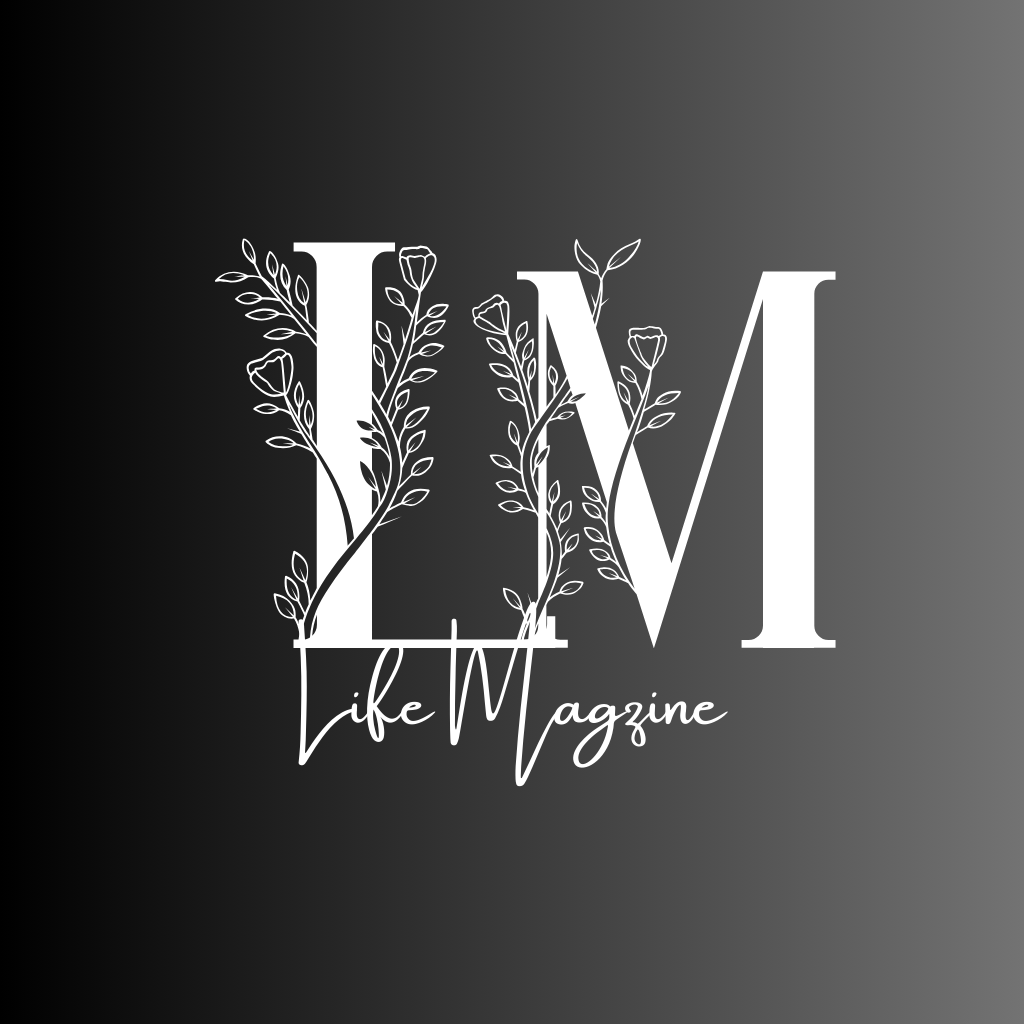“Reviving Russian Islam: 8,000 Mosques Built in Two Decades – A Remarkable Positive Transformation”,2023
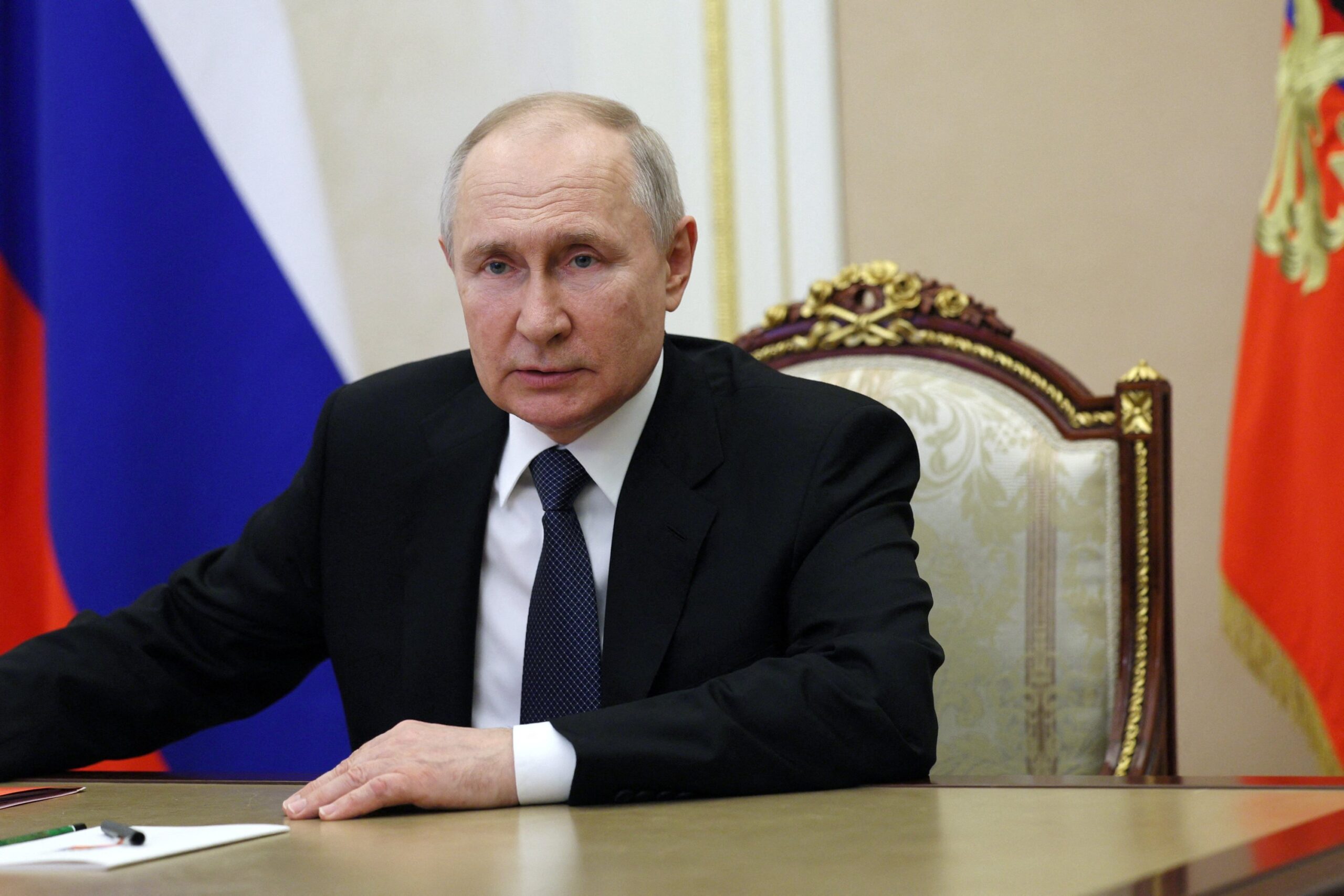
Table of Contents:
- Introduction
- Historical Context
- The Remarkable Transformation
- The Role of the Mufti Council
- Putin’s Commitment to Mosque Construction
- International Perspectives
- Conclusion
Introduction:(“Reviving Russian Islam: 8,000 Mosques Built in Two Decades – A Remarkable Positive Transformation”,2023)

On September 15, in Moscow, a significant revelation was made by a deputy head of the Russian Mufti Council regarding the remarkable growth of mosques and Islamic schools (madrasas) in Russia over the past two decades. This development not only sheds light on the revival of Islamic institutions but also highlights the diversity and multicultural nature of Russia. In this document, we will delve into the historical context, the driving forces behind this transformation, the role of the Mufti Council, and the commitment of Russian President Vladimir Putin to continue the construction of mosques. Additionally, we will explore international perspectives on this monumental achievement.
In recent years, Russia has seen a remarkable transformation in its landscape, particularly in the realm of Islamic institutions. The construction and reconstruction of over 8,000 mosques and madrasas in the past two decades have played a pivotal role in not only preserving Islamic heritage but also strengthening the bonds within the Muslim community in Russia. This development is rooted in historical context, the efforts of the Russian Mufti Council, and the commitment of President Vladimir Putin.
To truly appreciate this remarkable transformation, we need to delve into the historical context. Prior to the 1917 Bolshevik Revolution, Russia was home to a significant presence of Islamic institutions, with over 15,000 mosques, madrasas, and prayer spaces throughout the country. These institutions were not only places of worship but also hubs for education and cultural exchange.
The rapid growth of Islamic institutions in Russia has drawn the attention of international observers and leaders from Arab countries. President Putin’s conversations with his peers from these nations have elicited astonishment at the scale of this achievement. The international perspective on Russia’s efforts to build and reconstruct mosques and madrasas is one of admiration and recognition of the country’s commitment to fostering religious diversity and preserving cultural heritage.
Russia has experienced a significant transformation in the landscape of Islamic institutions. The construction and reconstruction of over 8,000 mosques and madrasas in the past two decades are nothing short of extraordinary. This achievement not only underscores the preservation of Islamic heritage but also serves as a testament to the unity and strength of the Muslim community in Russia. To truly appreciate the depth of this transformation, we need to examine the historical context, the crucial role played by the Russian Mufti Council, and the unwavering commitment of President Vladimir Putin.

(“Reviving Russian Islam: 8,000 Mosques Built in Two Decades – A Remarkable Positive Transformation”,2023)
To fully understand the significance of this remarkable development, we must delve into the historical context of Islam in Russia. Before the Bolshevik Revolution of 1917, Russia was home to a thriving network of Islamic institutions, boasting over 15,000 mosques, madrasas, and prayer spaces. These institutions served as more than just places of worship; they were centers of education and cultural exchange, facilitating the dissemination of Islamic knowledge and fostering cultural diversity.
The aftermath of the Bolshevik Revolution brought significant changes to the religious landscape of Russia. Political upheaval, coupled with restrictions on religious practices, led to a dramatic decline in the number of Islamic institutions. By 1991, only a mere 100 of these establishments remained, signifying a stark reduction in the presence of Islamic heritage in the country.
Various factors contributed to this decline, with the political climate playing a significant role. The Soviet era saw the imposition of stringent restrictions on religious practices, with the government actively promoting atheism and discouraging religious expression. These measures led to the closure of many mosques and madrasas, leaving only a handful allowed to function under strict supervision.
Historical Context:(“Reviving Russian Islam: 8,000 Mosques Built in Two Decades – A Remarkable Positive Transformation”,2023)

Before delving into the recent developments, it is essential to understand the historical context of Islam in Russia. Prior to the 1917 Bolshevik Revolution, Russia boasted a significant presence of Islamic institutions, with over 15,000 mosques, madrasas, and prayer spaces throughout the country. However, the turbulent times that followed the revolution drastically affected these institutions, leaving only 100 remaining by 1991.
This decline was a result of various factors, including political changes, restrictions on religious practices, and cultural shifts. In the aftermath of the Soviet era, there was a renewed interest in reviving these essential aspects of Islamic culture.
However, the turbulent times that followed the revolution brought about significant changes in the religious landscape of Russia. Political changes, restrictions on religious practices, and cultural shifts drastically affected these institutions. By 1991, only 100 of them remained, highlighting the extent of the decline in the number of Islamic institutions in Russia.
(“Reviving Russian Islam: 8,000 Mosques Built in Two Decades – A Remarkable Positive Transformation”,2023)
Cultural changes also influenced the decline of Islamic institutions. As Russian society underwent rapid transformations, traditional religious practices began to wane in importance. Many individuals shifted away from their religious affiliations, contributing to the overall decline in the presence of Islamic institutions.
The post-Soviet era marked a turning point in the history of Islam in Russia. With the fall of the Soviet Union and the subsequent restoration of religious freedom, the Muslim community had the opportunity to rebuild and expand their places of worship and education. This period allowed for a renewed interest in reviving essential aspects of Islamic culture.
The decline was a result of various factors, with the political climate being a major contributor. The Soviet era saw severe restrictions on religious practices, with the state promoting atheism and discouraging religious expression. This led to the closure of many mosques and madrasas, with only a handful being allowed to function under strict supervision.
The Remarkable Transformation:(“Reviving Russian Islam: 8,000 Mosques Built in Two Decades – A Remarkable Positive Transformation”,2023)
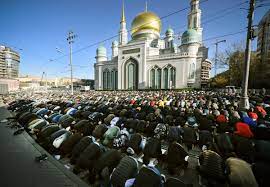
Over the past 20 years, Russia has witnessed a remarkable transformation in the landscape of Islamic institutions. Rushan Abbyasov, a deputy head of the Russian Mufti Council, announced that more than 8,000 mosques and madrasa Islamic schools have been built or reconstructed during this period. This achievement is a testament to the commitment of various stakeholders, the efforts of the Muslim community, and the broader support for religious diversity in Russia.
Cultural shifts also played a role in the decline of Islamic institutions. As society underwent rapid changes, traditional religious practices became less prominent, and many people shifted away from their religious affiliations.
Over the past two decades, Russia has witnessed a remarkable transformation in the landscape of Islamic institutions. Rushan Abbyasov, the deputy head of the Russian Mufti Council, made the significant announcement that more than 8,000 mosques and madrasa Islamic schools have been constructed or reconstructed during this period. This achievement serves as a testament to the commitment of various stakeholders, the collective efforts of the Muslim community, and the broader support for religious diversity within Russia.
(“Reviving Russian Islam: 8,000 Mosques Built in Two Decades – A Remarkable Positive Transformation”,2023)
The Russian Mufti Council has played a pivotal role in facilitating the construction and reconstruction of these Islamic institutions. As an organization representing the interests of the Muslim community in Russia, the council has collaborated closely with government authorities to promote religious tolerance and support the development of mosques and madrasas. Their efforts have not only preserved Islamic heritage but have also strengthened the bonds within the Muslim community in Russia.
The aftermath of the Soviet era brought about a renewed interest in reviving these essential aspects of Islamic culture. The fall of the Soviet Union and the subsequent restoration of religious freedom provided the Muslim community in Russia with the opportunity to rebuild and expand their places of worship and education.
The Role of the Mufti Council:(“Reviving Russian Islam: 8,000 Mosques Built in Two Decades – A Remarkable Positive Transformation”,2023)

The Russian Mufti Council has played a pivotal role in facilitating the construction and reconstruction of these Islamic institutions. As an organization representing the interests of the Muslim community in Russia, the council has worked closely with government authorities to promote religious tolerance and support the development of mosques and madrasas. Their efforts have not only preserved Islamic heritage but also strengthened the bonds within the Muslim community in Russia.
The Russian Mufti Council has played a pivotal role in facilitating the construction and reconstruction of these Islamic institutions. As an organization representing the interests of the Muslim community in Russia, the council has worked closely with government authorities to promote religious tolerance and support the development of mosques and madrasas. Their efforts have not only preserved Islamic heritage but also strengthened the bonds within the Muslim community in Russia.
“When I talk to my friends and colleagues from Arab countries, they don’t even believe: how much? I say: thousands, 8 thousand. They don’t even believe these numbers. Well, of course, they believe when I say. This is important for the state, and we will support this,” the Russian leader stated.
(“Reviving Russian Islam: 8,000 Mosques Built in Two Decades – A Remarkable Positive Transformation”,2023)
This commitment from the Russian President not only emphasises the significance of these institutions but also reflects the government’s endorsement of religious diversity and freedom of worship.
Russian President Vladimir Putin has expressed his commitment to the ongoing construction of mosques in Russia. During a speech, he acknowledged the astonishing accomplishment of building 8,000 mosques over two decades, which was met with disbelief by some of his international counterparts. President Putin highlighted the importance of these facilities and pledged continued support for their construction.
Over the past two decades, Russia has witnessed a remarkable transformation in the landscape of Islamic institutions. Rushan Abbyasov, a deputy head of the Russian Mufti Council, made the significant announcement that more than 8,000 mosques and madrasa Islamic schools have been built or reconstructed during this period. This achievement is a testament to the commitment of various stakeholders, the efforts of the Muslim community, and the broader support for religious diversity in Russia.
Russian President Vladimir Putin has expressed his commitment to the ongoing construction of mosques in Russia. In a speech, he acknowledged the astonishing accomplishment of building 8,000 mosques over two decades, a fact that was met with disbelief by some of his international counterparts. President Putin emphasized the importance of these facilities and pledged his continued support for their construction.
In his own words, “When I talk to my friends and colleagues from Arab countries, they don’t even believe: how much? I say: thousands, 8 thousand. They don’t even believe these numbers. Well, of course, they believe when I say. This is important for the state, and we will support this.”
(“Reviving Russian Islam: 8,000 Mosques Built in Two Decades – A Remarkable Positive Transformation”,2023)
This commitment from the Russian President not only underscores the significance of these institutions but also reflects the government’s endorsement of religious diversity and the principles of freedom of worship.
The Russian Mufti Council has played a pivotal role in facilitating the construction and reconstruction of these Islamic institutions. As an organization representing the interests of the Muslim community in Russia, the council has worked closely with government authorities to promote religious tolerance and support the development of mosques and madrasas. Their efforts have not only preserved Islamic heritage but also strengthened the bonds within the Muslim community in Russia.
Putin’s Commitment to Mosque Construction:(“Reviving Russian Islam: 8,000 Mosques Built in Two Decades – A Remarkable Positive Transformation”,2023)

Russian President Vladimir Putin has expressed his commitment to the ongoing construction of mosques in Russia. During a speech, he acknowledged the astonishing accomplishment of building 8,000 mosques over two decades, which was met with disbelief by some of his international counterparts. President Putin highlighted the importance of these facilities and pledged continued support for their construction.
“When I talk to my friends and colleagues from Arab countries, they don’t even believe: how much? I say: thousands, 8 thousand. They don’t even believe these numbers. Well, of course, they believe when I say. This is important for the state, and we will support this,” the Russian leader stated.
This commitment from the Russian President not only emphasises the significance of these institutions but also reflects the government’s endorsement of religious diversity and freedom of worship.
The growth of Islamic institutions in Russia over the past two decades is a remarkable achievement that reflects the resilience and determination of the Muslim community, the support of the Russian Mufti Council, and the commitment of President Vladimir Putin. It is a testament to the revival of Islamic culture and heritage in Russia and has garnered international recognition for its significance.
(“Reviving Russian Islam: 8,000 Mosques Built in Two Decades – A Remarkable Positive Transformation”,2023)
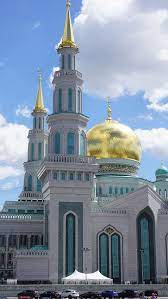
he commitment to the construction of mosques and madrasas in Russia is a testament to the nation’s dedication to preserving its diverse cultural and religious heritage. It serves as a model of successful cooperation between the government and religious organisations, promoting religious tolerance and multiculturalism.
In recent years, Russia has seen a remarkable transformation in the landscape of Islamic institutions. The construction and reconstruction of over 8,000 mosques and madrasa Islamic schools have taken place in the past two decades. This achievement is a testament to the commitment of various stakeholders, the efforts of the Muslim community, and the broader support for religious diversity in Russia.
As Russia continues to support the development of Islamic institutions, it not only preserves its diverse cultural and religious heritage but also fosters religious tolerance and freedom of worship, setting an example for other nations in promoting multiculturalism and religious diversity. The revitalisation of mosques and madrasas in the country has not only restored places of worship but also provided educational and cultural centers for the Muslim community, fostering a sense of belonging and unity.
International Perspectives:(“Reviving Russian Islam: 8,000 Mosques Built in Two Decades – A Remarkable Positive Transformation”,2023)
President Vladimir Putin has expressed his commitment to the ongoing construction of mosques in Russia. During a speech, he acknowledged the astonishing accomplishment of building 8,000 mosques over two decades, which was met with disbelief by some of his international counterparts. President Putin highlighted the importance of these facilities and pledged continued support for their construction.
“When I talk to my friends and colleagues from Arab countries, they don’t even believe: how much? I say: thousands, 8 thousand. They don’t even believe these numbers. Well, of course, they believe when I say. This is important for the state, and we will support this,” the Russian leader stated.
The rapid growth of Islamic institutions in Russia has attracted the attention of international observers and leaders from Arab countries. President Putin’s conversations with his peers from these nations have sparked astonishment at the scale of this achievement. The international perspective on Russia’s efforts to build and reconstruct mosques and madrasas is one of admiration and recognition of the country’s commitment to fostering religious diversity and cultural preservation.
(“Reviving Russian Islam: 8,000 Mosques Built in Two Decades – A Remarkable Positive Transformation”,2023)
As Russia continues to support the development of Islamic institutions, it not only strengthens its multicultural identity but also fosters religious tolerance and freedom of worship. The revitalisation of mosques and madrasas in the country has not only restored places of worship but also provided educational and cultural centers for the Muslim community, fostering a sense of belonging and unity.
The commitment to the construction of mosques and madrasas in Russia is a testament to the nation’s dedication to preserving its diverse cultural and religious heritage. It serves as a model of successful cooperation between the government and religious organisations, promoting religious tolerance and multiculturalism.
Conclusion:(“Reviving Russian Islam: 8,000 Mosques Built in Two Decades – A Remarkable Positive Transformation”,2023)

In conclusion, the growth of Islamic institutions in Russia over the past two decades is a remarkable achievement that reflects the resilience and determination of the Muslim community, the support of the Russian Mufti Council, and the commitment of President Vladimir Putin. It is a testament to the revival of Islamic culture and heritage in Russia and has garnered international recognition for its significance. As Russia continues to build and reconstruct mosques and madrasas, it not only preserves its diverse cultural and religious heritage but also fosters religious tolerance and freedom of worship, setting an example for other nations to follow in promoting multiculturalism and religious diversity.
The construction and reconstruction of over 8,000 mosques and madrasas in Russia over the past two decades is a remarkable achievement that highlights the revival of Islamic institutions and cultural diversity in the country. This transformation is rooted in historical context, the efforts of the Russian Mufti Council, and the commitment of President Vladimir Putin. Furthermore, it has garnered international recognition and admiration from leaders in Arab countries, underlining the importance of this endeavour. As Russia continues to support the development of Islamic institutions, it not only strengthens its multicultural identity but also fosters religious tolerance and freedom of worship.
(“Reviving Russian Islam: 8,000 Mosques Built in Two Decades – A Remarkable Positive Transformation”,2023)
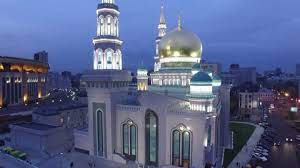 The rapid growth of Islamic institutions in Russia has attracted the attention of international observers and leaders from Arab countries. President Putin’s conversations with his peers from these nations have sparked astonishment at the scale of this achievement. The international perspective on Russia’s efforts to build and reconstruct mosques and madrasas is one of admiration and recognition of the country’s commitment to fostering religious diversity and cultural preservation.
The rapid growth of Islamic institutions in Russia has attracted the attention of international observers and leaders from Arab countries. President Putin’s conversations with his peers from these nations have sparked astonishment at the scale of this achievement. The international perspective on Russia’s efforts to build and reconstruct mosques and madrasas is one of admiration and recognition of the country’s commitment to fostering religious diversity and cultural preservation.
The construction and reconstruction of over 8,000 mosques and madrasas in Russia over the past two decades is a remarkable achievement that highlights the revival of Islamic institutions and cultural diversity in the country. This transformation is rooted in historical context, the efforts of the Russian
if you want to keep yourself updated then must click on
